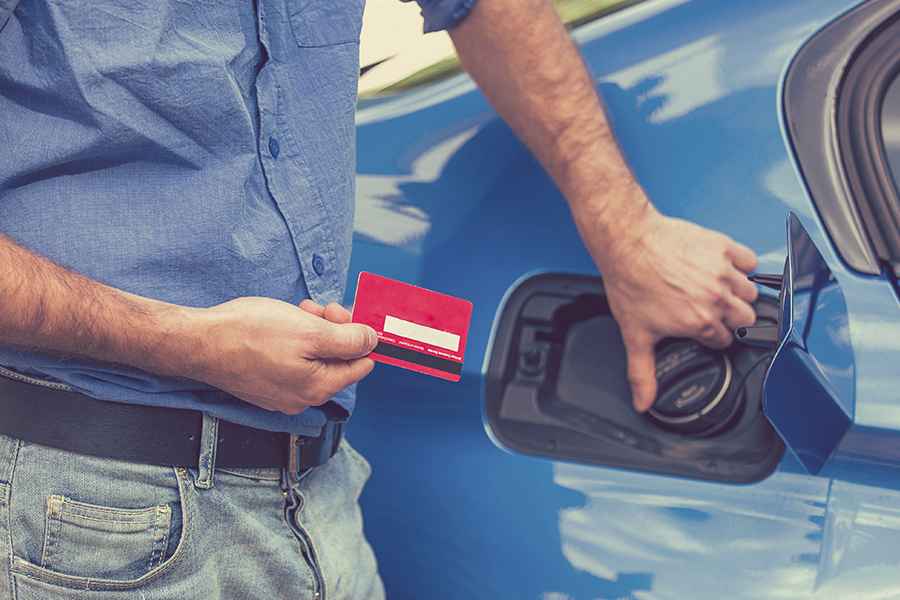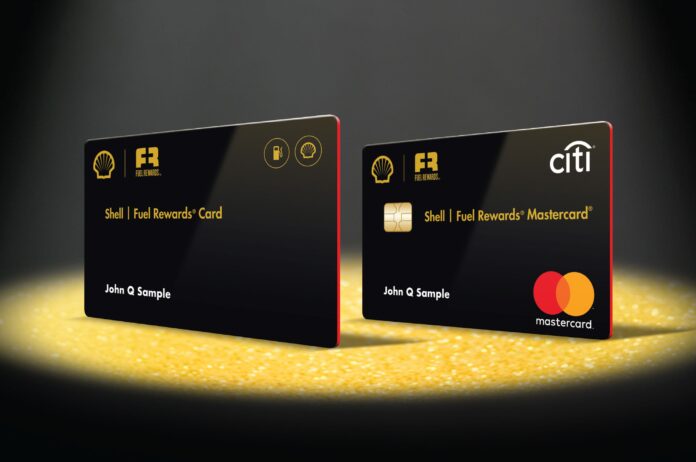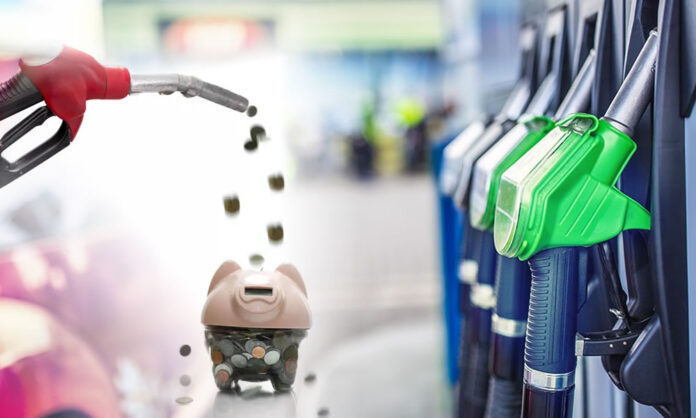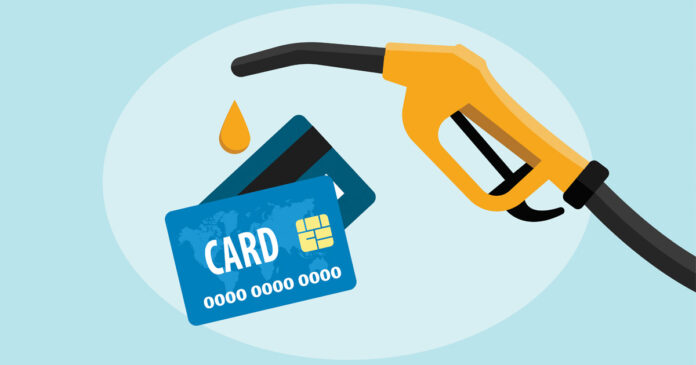For organizations and individuals wishing to effectively manage their fuel costs, fuel cards—also known as fleet boards or petrol credit cards—have grown to be an essential tool.
They offer a variety of advantages, including cost savings, convenience, and enhanced fleet management. They are intended to simplify transactions involving fuel.
Fuel cards have two functions: they make it easier to pay for petrol at the pump and they give useful information for tracking and managing fuel costs. People and companies may maximize their fuel savings by choosing wisely by understanding how they function and the alternatives available.
Types of Fuel Cards: Understanding the Options Available

Fuel cards come in a variety of forms, each catering to different needs and preferences. The two primary types are individual fuel cards and fleet fuel cards.
Individual boards are typically used by consumers for personal vehicles, offering rewards and discounts on purchases. Fleet cards, on the other hand, are tailored to businesses with multiple vehicles and provide features like expense tracking, reporting, and control over expenses for their entire fleet.
How Fuel Cards Differ from Traditional Payment Methods
When buying fuel, cards are very different from conventional payment methods like cash or credit boards. Cash payments are simple, but they don’t have the tracking features that fuel cards do. Despite being extensively used, credit boards could not offer the same level of control and transparency as energy cards. Contrarily, fuel cards allow you to restrict your spending to transactions linked to fuel and provide extensive transaction data and customized controls.
The Mechanics of Transactions: Step-by-Step
Transactions using them go through a number of procedures to ensure a safe payment process. The fuel pump authenticates the board when the cardholder swipes it. Then, before enabling the fuel dispenser to work, the system checks the available credit or money. Once the transaction has been accepted, the purchase is noted and a receipt is given to the holder.
This process helps businesses monitor petrol expenses in real-time and prevent unauthorized or excessive spending. It also allows for efficient tracking of consumption by individual vehicles, helping in fleet management.
Key Features for Fleet Management
Fleet management is a complex task that requires careful monitoring of various expenses, including petrol. They offer a range of features that simplify this process, such as the ability to set spending limits for each vehicle, track mileage, and monitor efficiency.
Additionally, they provide detailed reporting and analysis tools, helping businesses identify areas where they can reduce costs and improve overall efficiency. They also often offer discounts and incentives, contributing to substantial cost savings for fleet operators.
Comparing Top Companies in 2024

In 2024, several reputable companies provide services, each with its own set of features and benefits. Some of the top players in the industry include Shell Fuel Rewards, UK Fuels, BP Fuel Cards, DCI, ExxonMobil Fleet Cards, EDC, and WEX Fuel Cards.
When choosing a provider, businesses should consider factors like the acceptance at relevant stations, the availability of discounts and rewards, and the quality of reporting and analytics tools offered. It’s essential to select a provider that aligns with your specific needs and goals.
Maximizing Fuel Savings with Loyalty Programs and Discounts
Loyalty programs and incentives are frequently offered to cardholders by issuers. These initiatives can greatly increase savings. For fuel purchases, loyalty programs may provide cashback, points, or refunds, which may add up to significant savings over time.
Discounts are another valuable feature. Cardholders can access special pricing agreements negotiated between the provider and stations, resulting in lower costs compared to retail prices. By taking advantage of these benefits, businesses and individuals can maximize their fuel savings.
Security Measures and Fraud Prevention
Security is a top priority when it comes to these boards. Providers implement various security measures to protect cardholders from fraud and unauthorized transactions. These measures may include PIN codes, transaction limits, and real-time fraud monitoring.
Additionally, they are often linked to specific vehicles or drivers, making it easier to identify irregularities or suspicious activities. Businesses can also receive immediate notifications of any unauthorized usage, allowing them to take prompt action to prevent further losses.
Tax Benefits and Reporting with Usage
Utilising a provides for precise and thorough record-keeping of costs, which may be advantageous for tax purposes for businesses. For tax reporting and reimbursement needs, this paperwork may be absolutely necessary.
Businesses can often generate reports that break down petrol expenses by vehicle, driver, or department, making it easier to allocate costs accurately. This not only simplifies tax compliance but also helps in identifying areas where cost-cutting measures can be applied.
Environmental Impact: Sustainability Efforts
As the world focuses on sustainability and reducing carbon emissions, they can play a role in supporting environmental efforts. Many providers offer tools to track and reduce consumption, helping businesses and individuals lower their carbon footprint.
Furthermore, some of them are associated with renewable or alternative options, allowing holders to make eco-friendly choices when refueling. By promoting sustainable practices, they contribute to a greener future.
Future Trends in Fuel Card Technology and Integration
With continual developments aimed at boosting convenience, security, and effectiveness, technology is still developing. We may anticipate the following advances in the upcoming years:
- Contactless Payments: They may incorporate contactless payment technology, allowing for quick and secure transactions without the need to insert or swipe the board.
- Integration with Telematics: Greater integration between petrol cards and telematics systems will provide businesses with even more comprehensive fleet management capabilities.
- Mobile Apps: Providers may offer mobile apps for board management, making it easier for cardholders to track expenses and access discounts.
Conclusion

In conclusion, they have become an invaluable tool for managing fuel expenses efficiently, both for individuals and businesses. By understanding the different types available, their advantages over traditional payment methods, and the mechanics of transactions, holders can maximize their savings and streamline their operations. Additionally, they contribute to environmental sustainability and offer a glimpse into the future of payment technology with ongoing advancements and integration. To make the most of these benefits, individuals and businesses should carefully select a reputable card provider that aligns with their unique needs and goals in 2024 and beyond.










